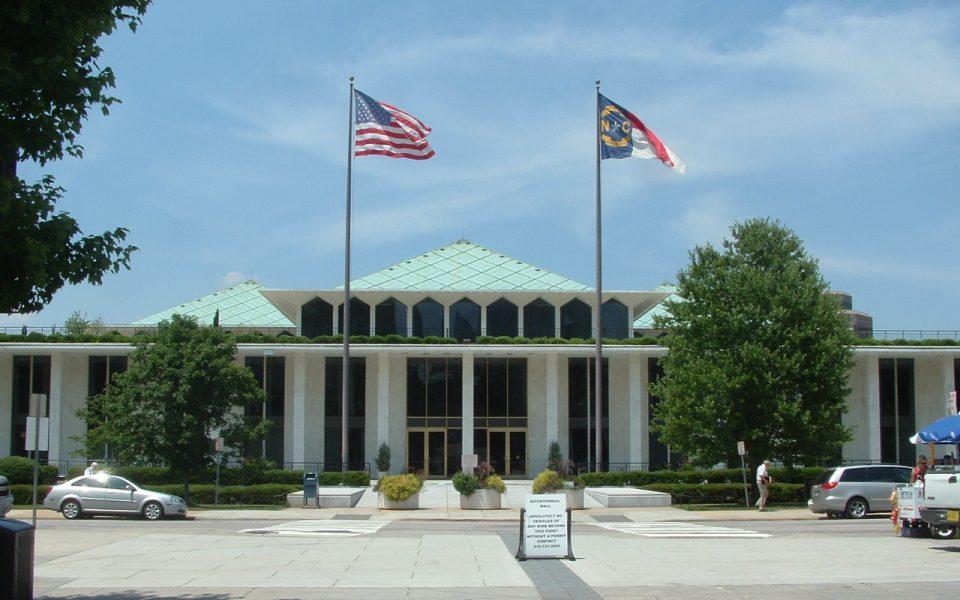This story was originally published by NC Policy Watch. Story by Kelan Lyons.
Legislators will consider a bill this session that would bar police from releasing people’s mugshots.
The proposal would ban law enforcement agencies from releasing booking photographs taken when a person is processed when they’re admitted to jail. Those mugshots would not longer be subject to public records laws.
There’s a notable exception: police could release mugshots in situations involving missing persons. A court could order the release of a mugshot upon a showing that disclosure is “actually necessary for immediate law enforcement needs.”
The bill is bipartisan. Sponsors include Rep. Timothy Moffitt (R-Henderson), Sen. Paul Lowe (D-Forsyth) and Sen. Todd Johnson (R-Cabarrus), as well as Rep. Bobby Hanig (R-Bertie) and Sen. Michael Lee (R-New Hanover).
North Carolina wouldn’t be the first state to pass such a law. Republican governors in Utah, Montana and Louisiana have signed similar bills into law, and legislators in California, New Hampshire and Oregon have considered related proposals. Former Democratic New York Gov. Andrew Cuomo also signed a mugshot ban bill passed by the legislature.
Supporters of the policy change contend that not publishing mugshots reduces racial stereotyping by law enforcement agencies and in news outlets’ crime coverage. They also argue that mugshots can exacerbate the collateral consequences of being arrested, even for people who haven’t been convicted of a crime. The photos can remain online well after the person’s admission to jail, even if the charges were reduced, dropped or they weren’t convicted of anything. Those jail booking photos are just a Google search away for a prospective employer or landlord.
Banning mugshots also follows a similar trend within journalism. Gannett, which owns six papers in North Carolina, limited its use of mugshots as part of a bigger overhaul of its crime coverage. The goal is to be more responsible in its coverage of crime and rebuild relationships with communities of color that had been harmed by such coverage in the past.
Some journalists have pushed back. A reporter in Salt Lake City urged legislators to reject the bill before the Utah legislature, arguing that mugshots can be evidence of police brutality inflicted during a person’s arrest. Police, meanwhile, have contended that publishing mugshots make other victims more likely to come forward because seeing the booking photos gives them “courage” in the knowledge that that person is behind bars.
The North Carolina Press Association and the N.C. Sheriffs Association are both opposed to the bill, according to the Winston-Salem Journal.
Join the First Amendment Society, a membership that goes directly to funding TCB‘s newsroom.
We believe that reporting can save the world.
The TCB First Amendment Society recognizes the vital role of a free, unfettered press with a bundling of local experiences designed to build community, and unique engagements with our newsroom that will help you understand, and shape, local journalism’s critical role in uplifting the people in our cities.
All revenue goes directly into the newsroom as reporters’ salaries and freelance commissions.


Leave a Reply